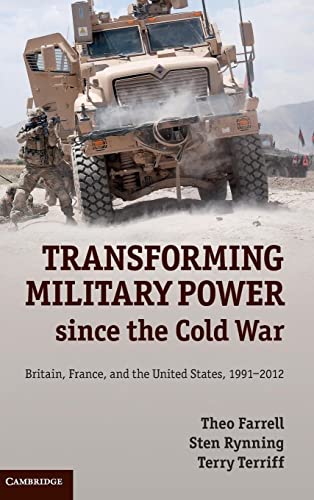
We All Lost the Cold War
by Richard Ned Lebow
Popularity
3.79 / 5
* A book's popularity is determined by how it compares to all other books on this website.
Where to buy?
Buy from Amazon* If you buy this book through the link above, we may receive a small commission at no extra cost to you.
We All Lost the Cold War by Richard Ned Lebow
Details
War:
Cold War
Perspective:
Researcher
True Story:
Yes
Biography:
No
Region:
Europe
Page Count:
557
Published Date:
1995
ISBN13:
9781400821082
Description
Main Themes and Topics
"We All Lost the Cold War" by Richard Ned Lebow, in collaboration with Janice Stein, delves deeply into the intricacies of Cold War politics, focusing specifically on pivotal moments such as the Cuban Missile Crisis of 1962 and the Arab-Israeli war of 1973. The authors investigate the strategies employed by superpowers during these crises, emphasizing the role of nuclear threats and the doctrine of deterrence. Through a detailed examination of recently declassified documents and firsthand accounts from key Soviet and American policymakers, Lebow argues that the strategy of deterrence was not the decisive factor in resolving these conflicts and instead contributed to prolonging the Cold War.
Writing Style and Tone
The writing style of "We All Lost the Cold War" is scholarly yet accessible, striking a balance between academic rigor and readability. Lebow and Stein present a well-structured argument, weaving together historical analysis with personal anecdotes from interviews with policymakers. The tone is objective and analytical, aiming to provide an unbiased perspective on the events discussed. The authors successfully integrate a wealth of complex information, making it comprehensible for both scholars and general readers who are interested in Cold War history.
Brief Summary
In "We All Lost the Cold War," Richard Ned Lebow, with assistance from Janice Stein, scrutinizes the dynamics of Cold War power politics through the lens of nuclear deterrence. By analyzing the Cuban Missile Crisis and the confrontations tied to the Arab-Israeli war, the book unveils insights into how nuclear threats were managed by the involved superpowers. Drawing from interviews and declassified documents that reveal new perspectives from both Soviet and American sides, the authors propose a thought-provoking thesis: contrary to popular belief, the policy of deterrence may have inadvertently extended the duration of Cold War tensions rather than hastening their resolution.









